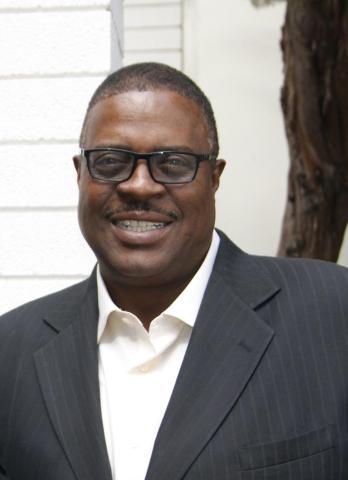O'Dell Johnson

About
Degrees
Introduction
I am an Associate Professor of Integrative Health studies at Saybrook University and previously an adjunct professor of Community Psychology at Pacific Oaks College. My primary research interests focus on health disparities in un-resourced and underserved communities, particularly those who have experienced marginalization by the U.S. criminal justice system. As an educator in psychology and a public health researcher, I can blend the two disciplines to understand the underlying causes of phenomena and the best intervention practices needed as a resource. My experience over 2 decades in cross-cultural communal and professional spaces has contributed significantly to developing meaningful axiological and epistemological worldviews in humanistic existential psychology to advance best practices in research interventions and implementation science.
Educational Specialty
Community Psychology, Behavioral Health - Health Education, Social/Criminal Justice Health, Influenza
Current Research
The Use of Universal Basic Income (UBI) to Address Structural Racism Impact on Older Black Men Living with a Chronic Health Condition.
A universal basic income has the potential to address the deleterious impact of structural racism.
To date, UBI interventions have been primarily conducted with women and/or children and aim to reduce poverty by promoting wealth creation, building human capital, and improving overall health. While data on UBI interventions are still emerging, one recent review found consistent evidence that the provision of UBI improved health status among recipients.
International studies have demonstrated a positive impact on UBI and health-seeking behavior, as well as UBI and the uptake of healthcare services. Although not considered true UBI due to its limited and conditional nature, federal income supplementation programs like WIC and the Earned Income Tax Credit show promising results in natural experiments with large US populations. Currently, the mayor of Stockton, CA, is leading one of the only actual UBI experiments in the US. Known as the Stockton Economic Empowerment Demonstration, this study provides $500 per month for 24 months to 125 randomly selected Stockton residents. While the study is ongoing, preliminary data suggest that participants have reduced income volatility, improved rates of employment, and lower rates of depression and anxiety.
UBI is a promising strategy to recalibrate economic and social systems that are grounded in structural racism and poor health. Yet, to our knowledge, no published UBI studies have ever been implemented exclusively with older Black men or among CJI populations.
This dearth of research is partly due to the limited resources available to this population. Community-based organizations, which often play a vital role in supporting marginalized communities, are unable to fully support older Black men or CJI populations because funding limitations frequently narrow the organizations’ scope of services to providing specific assistance only related to the needs of children, housing, employment, or healthcare. This creates an often intractable problem in that service providers are unable to meet the needs of men or individuals being released from prisons in a holistic way.
Older men with complex health needs who are released from incarcerated settings rarely prioritize healthcare because their immediate attention is fixed on securing stable housing and a reliable source of income, in addition to complying with the terms of their release on parole or probation.
Scholarly Interests
Establishing a research lab to address social and criminal justice community issues.
Affiliations
University of Arkansas for Medical Sciences Faye Boozman College of Public Health, Research Fellow